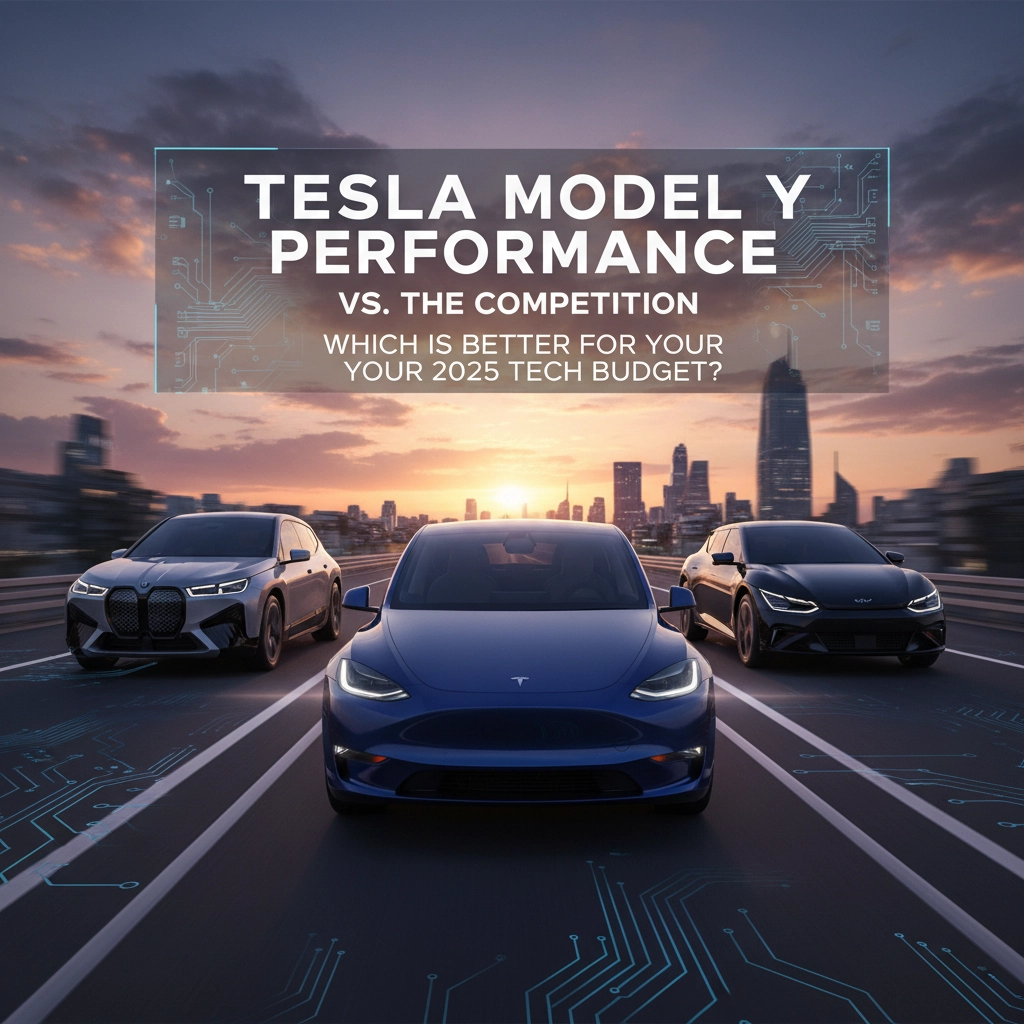Here's the thing nobody talks about when comparing electric SUVs: you're not just buying a car anymore. You're buying into an entire ecosystem. And with the Tesla Model Y Performance starting at $53,130 in 2025, that ecosystem better be worth it.
Let me cut through the marketing fluff and show you exactly where your money goes when you're choosing between the Model Y Performance and its closest competitors. Because honestly? Some of these "luxury" EVs will shock you with how little bang you get for your buck.
What You're Actually Getting for Your Money
The Tesla Model Y Performance isn't messing around. We're talking 527 horsepower and 487 lb-ft of torque that'll pin you to your seat. But here's what's really interesting – Tesla's charging network still crushes everything else out there.
When you buy a Model Y Performance, you're getting access to over 50,000 Superchargers worldwide. Try finding that with a BMW iX or Audi e-tron. You'll be downloading three different apps and crossing your fingers that the charging station actually works.
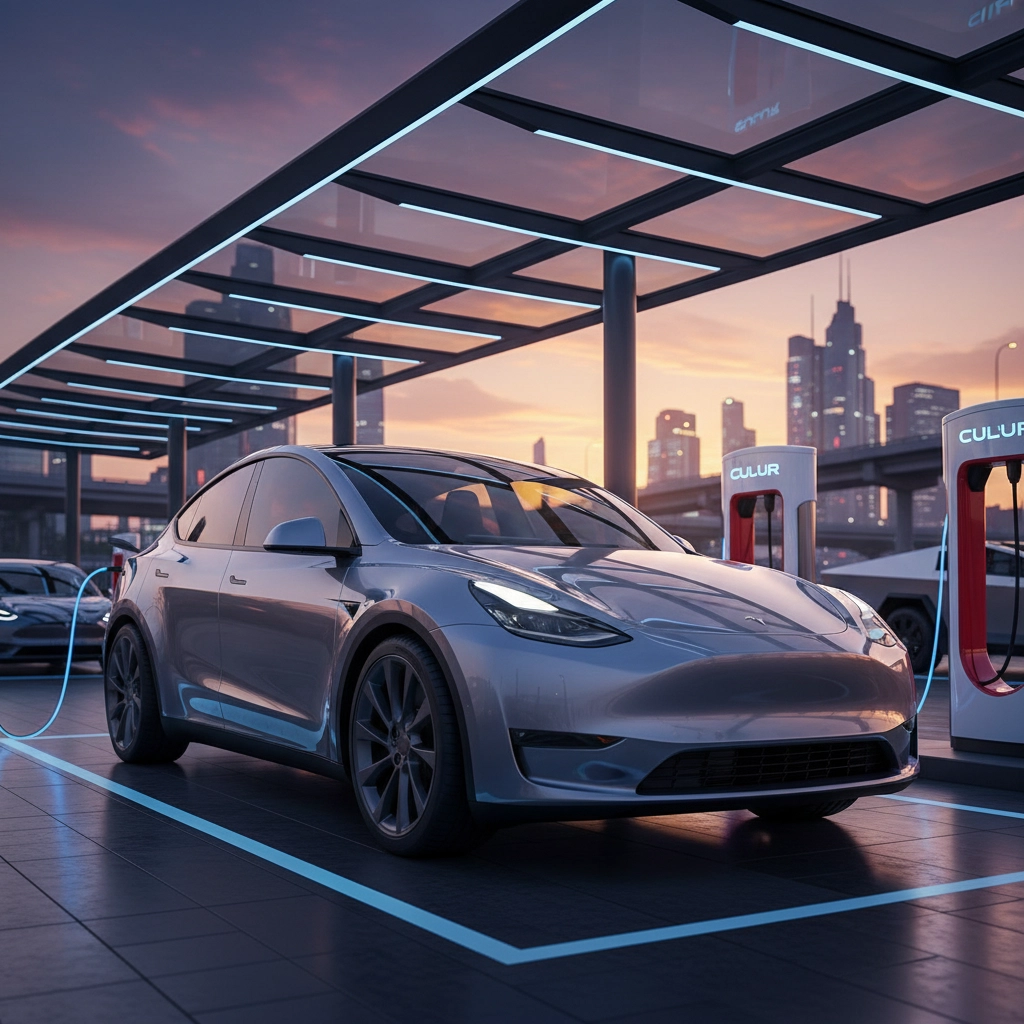
The minimalist interior drives some people crazy, but there's method to the madness. That giant 15-inch screen controls everything, gets regular updates, and honestly? It's faster than most infotainment systems in cars costing twice as much.
But let's be real about the downsides. Tesla's build quality can be… inconsistent. Panel gaps, paint issues, interior materials that feel cheap – these are real problems that luxury car buyers notice immediately.
The Real Competition (And Why It Matters)
Here's where things get spicy. The Porsche Macan (even the base model) puts out 355 horsepower and costs significantly more. The BMW iX starts around $87,000. The Genesis GV60 Performance hits $67,890. Suddenly that Tesla price tag looks pretty reasonable.
But you know what's wild? Most people don't actually cross-shop these correctly. They get caught up in brand prestige and miss the actual value proposition.
Take my neighbor Jake. Guy's a tech consultant who was dead set on the Audi e-tron GT because "Tesla's are too common." Spent $120,000 on a car that takes 45 minutes to charge at most public stations. Meanwhile, I'm road-tripping in my Model Y Performance, charging from 10% to 80% in 25 minutes at any Supercharger.
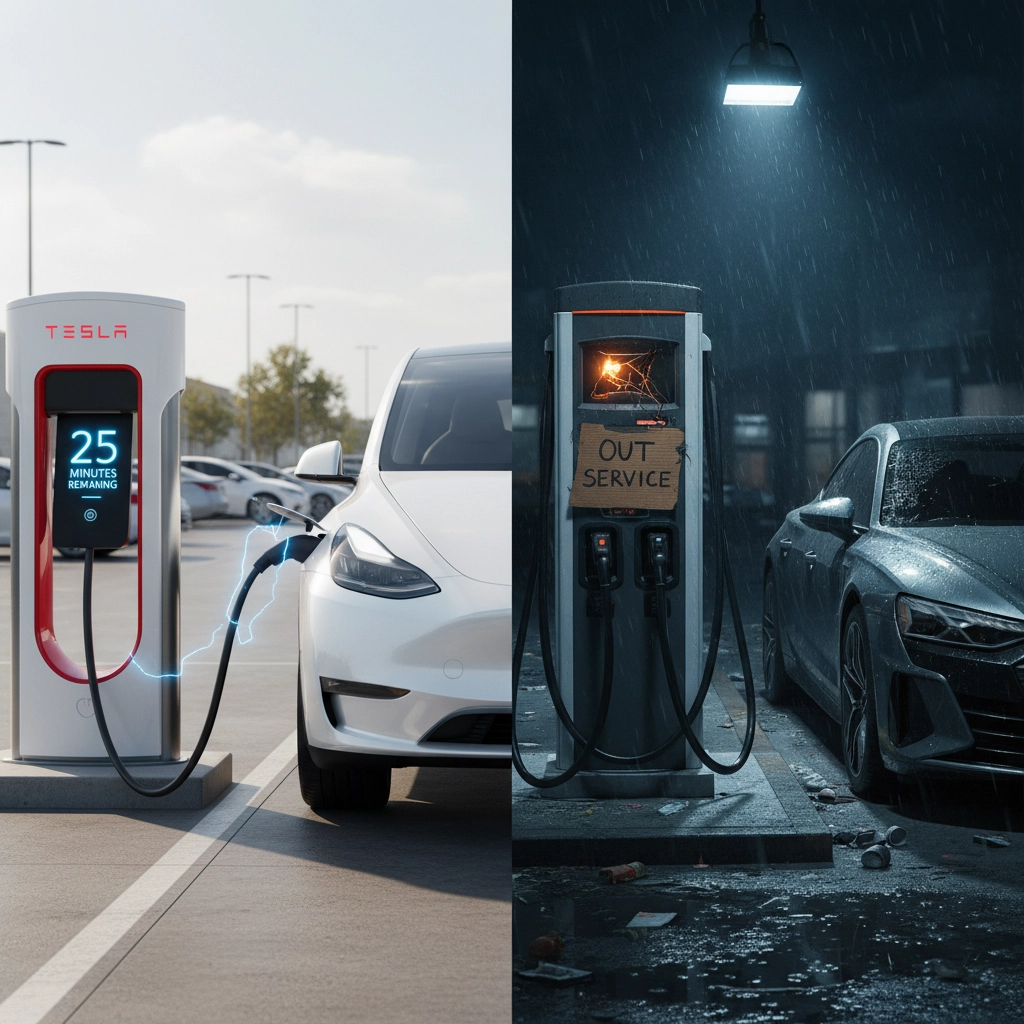
The competition falls into two camps:
- Traditional luxury brands (BMW, Audi, Mercedes) charging premium prices for their first-gen EV attempts
- New players (Genesis, Polestar) trying to split the difference but lacking charging infrastructure
None of them have Tesla's over-the-air update capability. When Tesla adds new features, your car literally gets better overnight. When BMW wants to add features, you wait three years for the next model year.
Breaking Down the Numbers That Actually Matter
Let's talk real-world costs because sticker price is just the beginning. Here's what your tech budget actually covers:
• Tesla Model Y Performance: $53,130 base + Supercharger access + regular software updates + strong resale value
• BMW iX xDrive50: $87,100 base + subscription fees for basic features + limited charging network + unknown resale
• Genesis GV60 Performance: $67,890 base + Electrify America charging (when it works) + traditional dealer service model
• Audi e-tron GT: $107,100 base + premium charging rates + luxury maintenance costs + depreciating rapidly
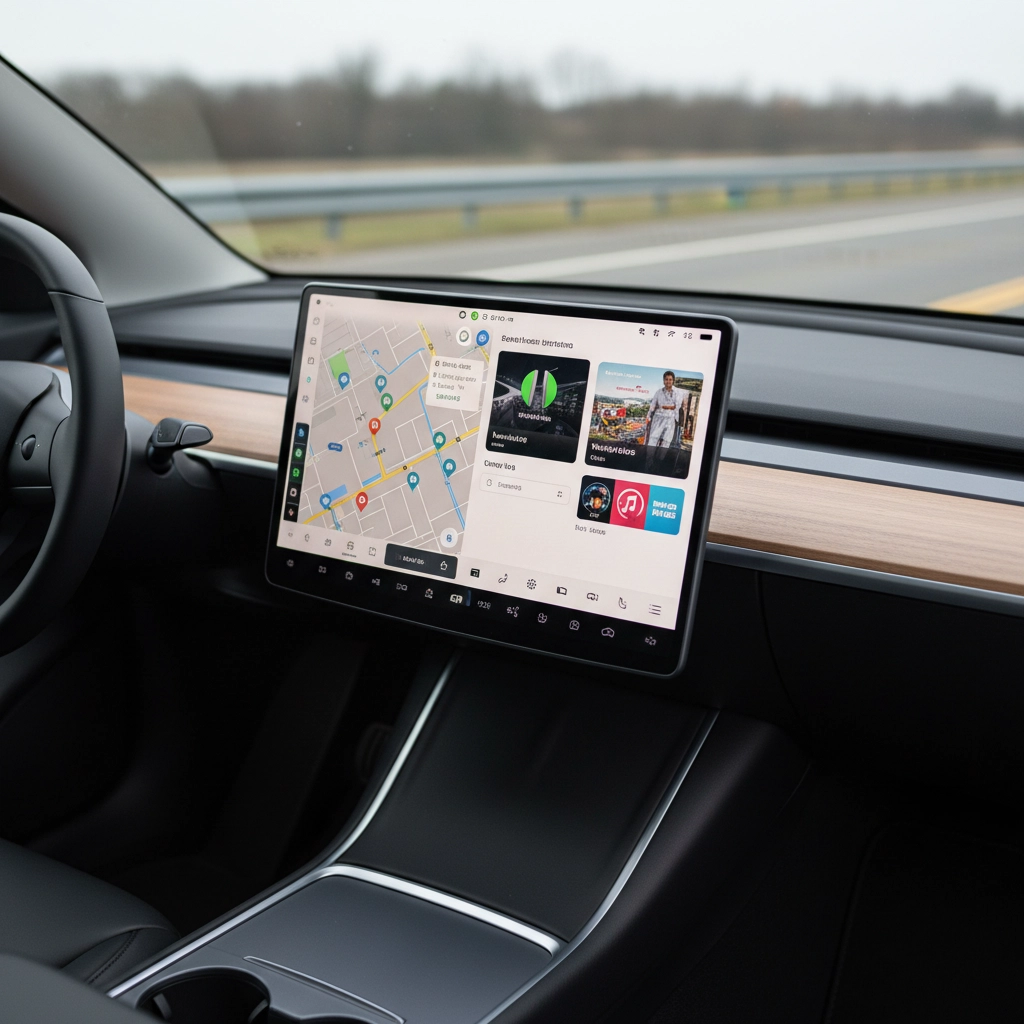
The hidden costs add up fast. That BMW iX? You'll pay monthly subscriptions for heated seats and remote start. The Genesis looks great until you're stuck waiting 2 hours for a working fast charger in rural Nevada.
Tesla's not perfect, but their charging network alone saves you thousands in time and frustration. Plus, their cars hold value better than almost any EV competitor.
Here's the kicker: Tesla's manufacturing efficiency means they can drop prices while competitors struggle with production costs. The Model Y Performance today offers more range and features than the original 2020 version, but costs less.
The Bottom Line: Where Your Tech Budget Goes Furthest
If you're spending $50K+ on an electric SUV in 2025, you want maximum tech for your dollar. The Model Y Performance delivers that better than anything else in its price range.
Is it perfect? Absolutely not. The interior feels cheap compared to traditional luxury cars. Panel gaps might annoy you. Tesla's service can be hit-or-miss depending on your location.
But here's what you can't argue with: 0-60 in 3.5 seconds, 303 miles of range, the best charging network on the planet, and regular software updates that add new features. All for $53,130.
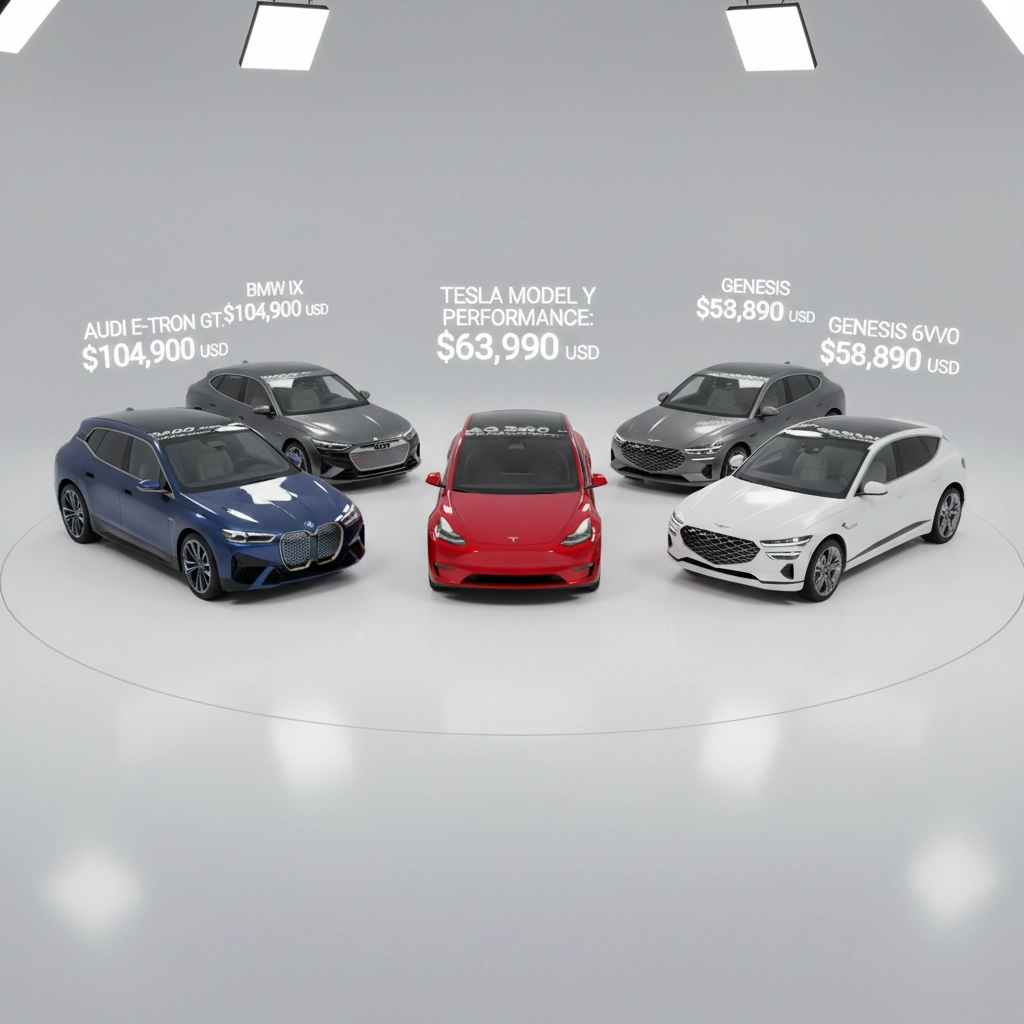
The competitors? They're playing catch-up on charging infrastructure, software capability, and manufacturing efficiency. Some offer prettier interiors or better build quality, but you'll pay $20,000-$70,000 more for those luxuries.
For most tech-savvy buyers who want maximum capability per dollar, the Model Y Performance is still the smart choice in 2025. The competition is getting better, but Tesla's lead in the stuff that actually matters – charging, software, efficiency – remains substantial.
The real question isn't whether Tesla makes the perfect electric SUV. It's whether you're willing to pay a massive premium for slightly better panel gaps and fancier dashboard materials while giving up Tesla's charging network and software ecosystem.
What matters most to you: having the latest tech that keeps getting better, or sitting in a prettier interior while you wait 45 minutes for your car to charge?

